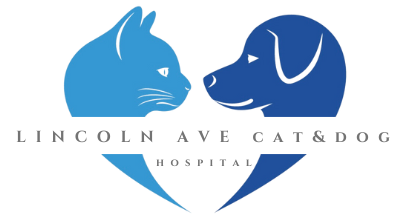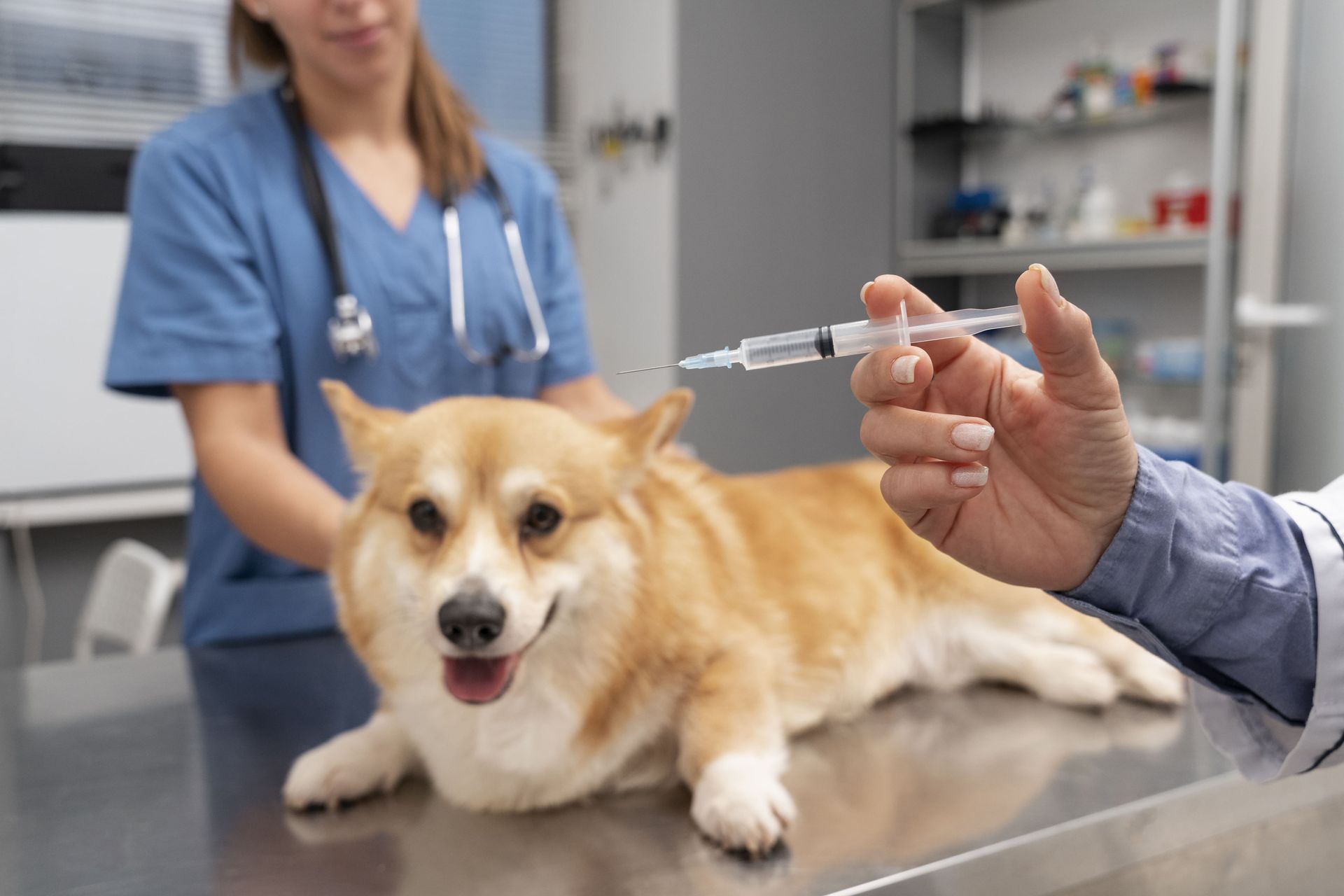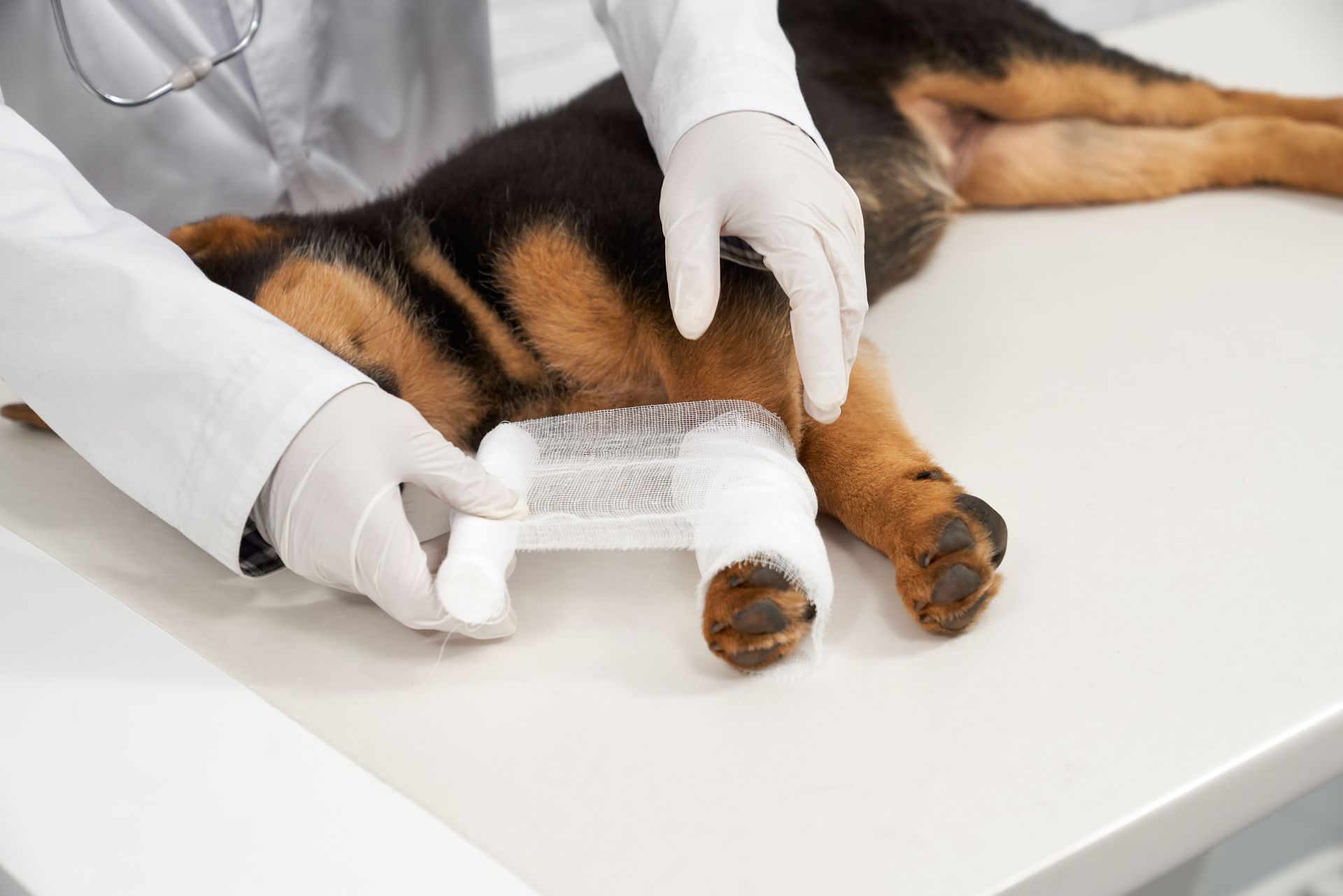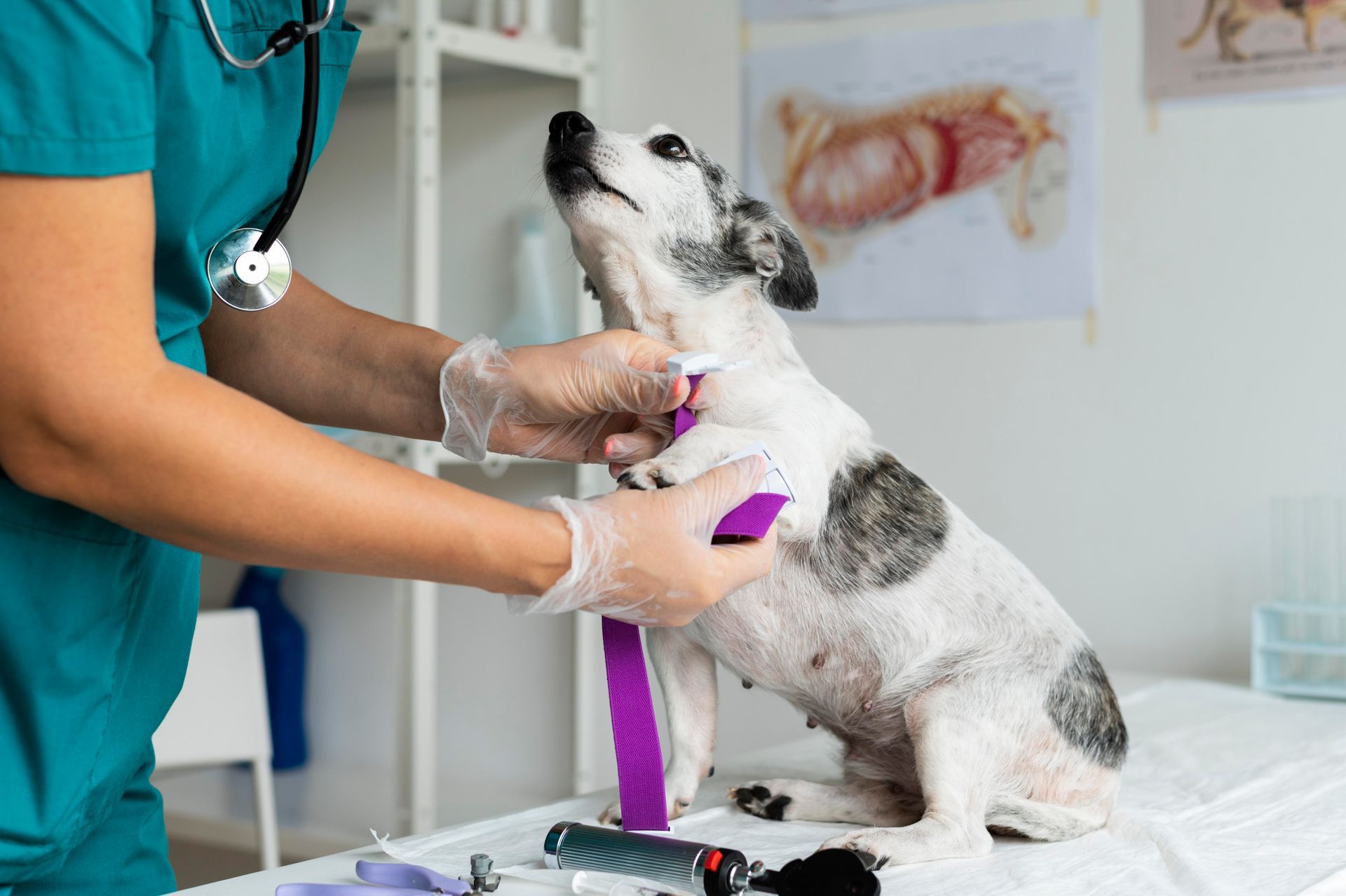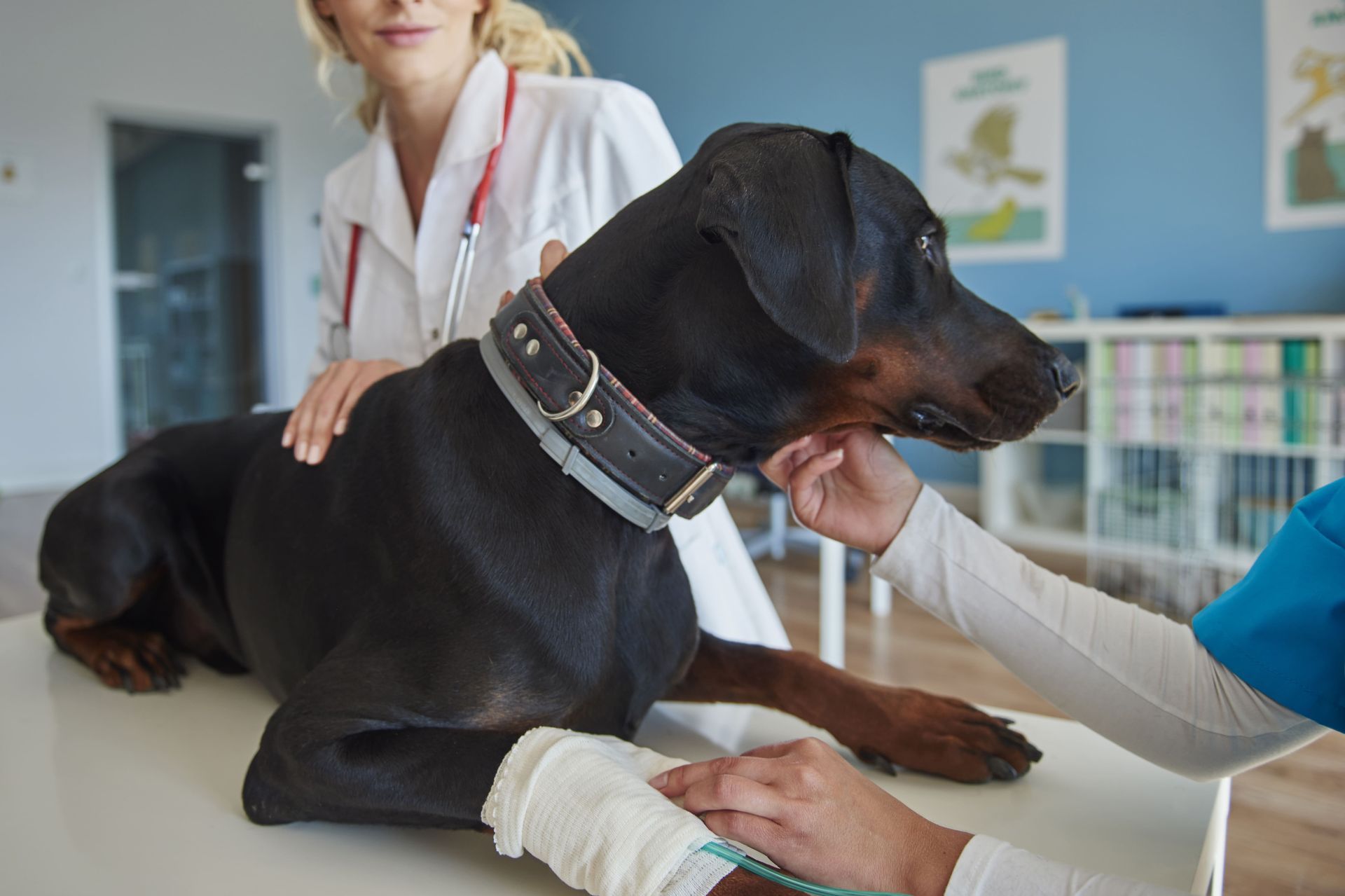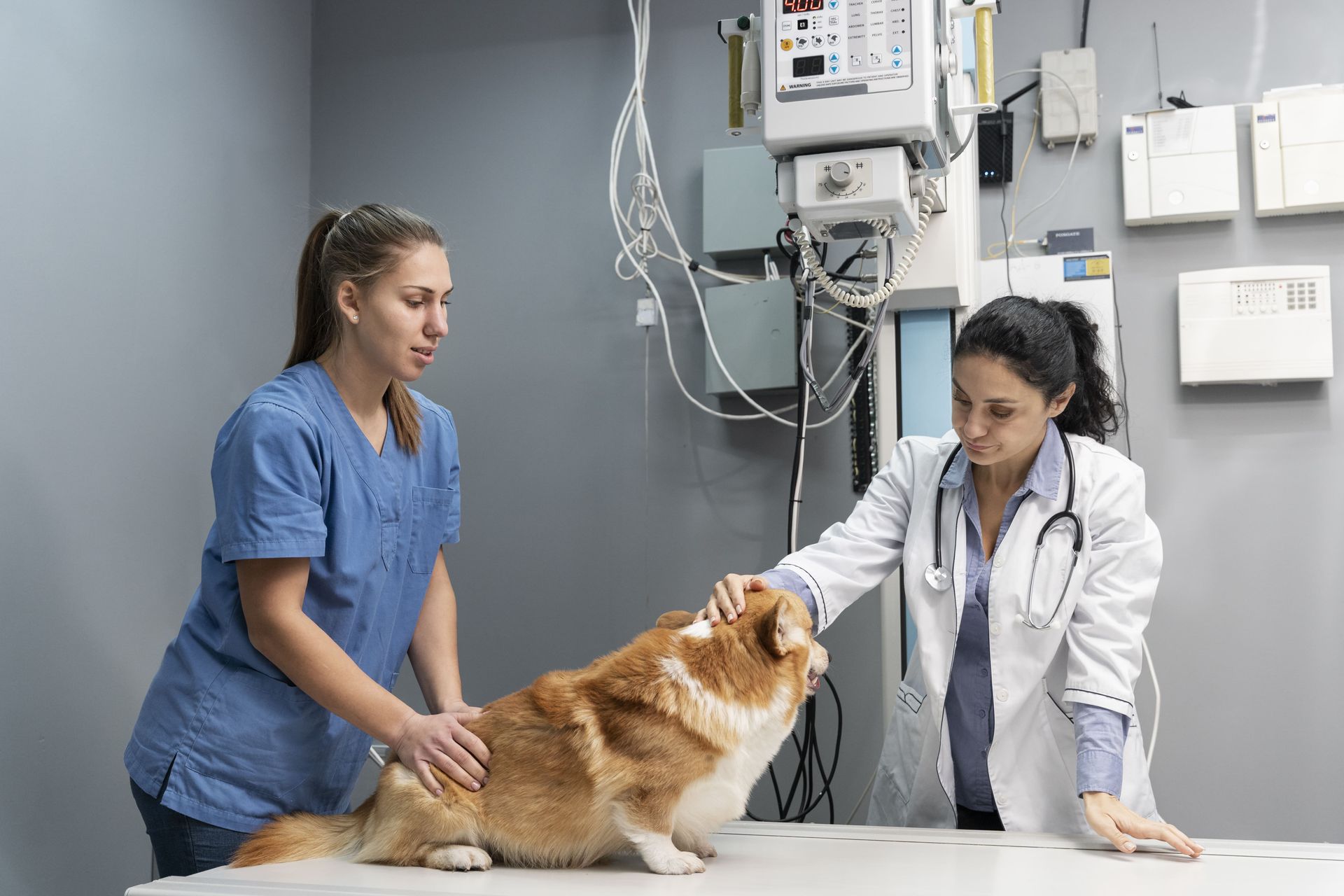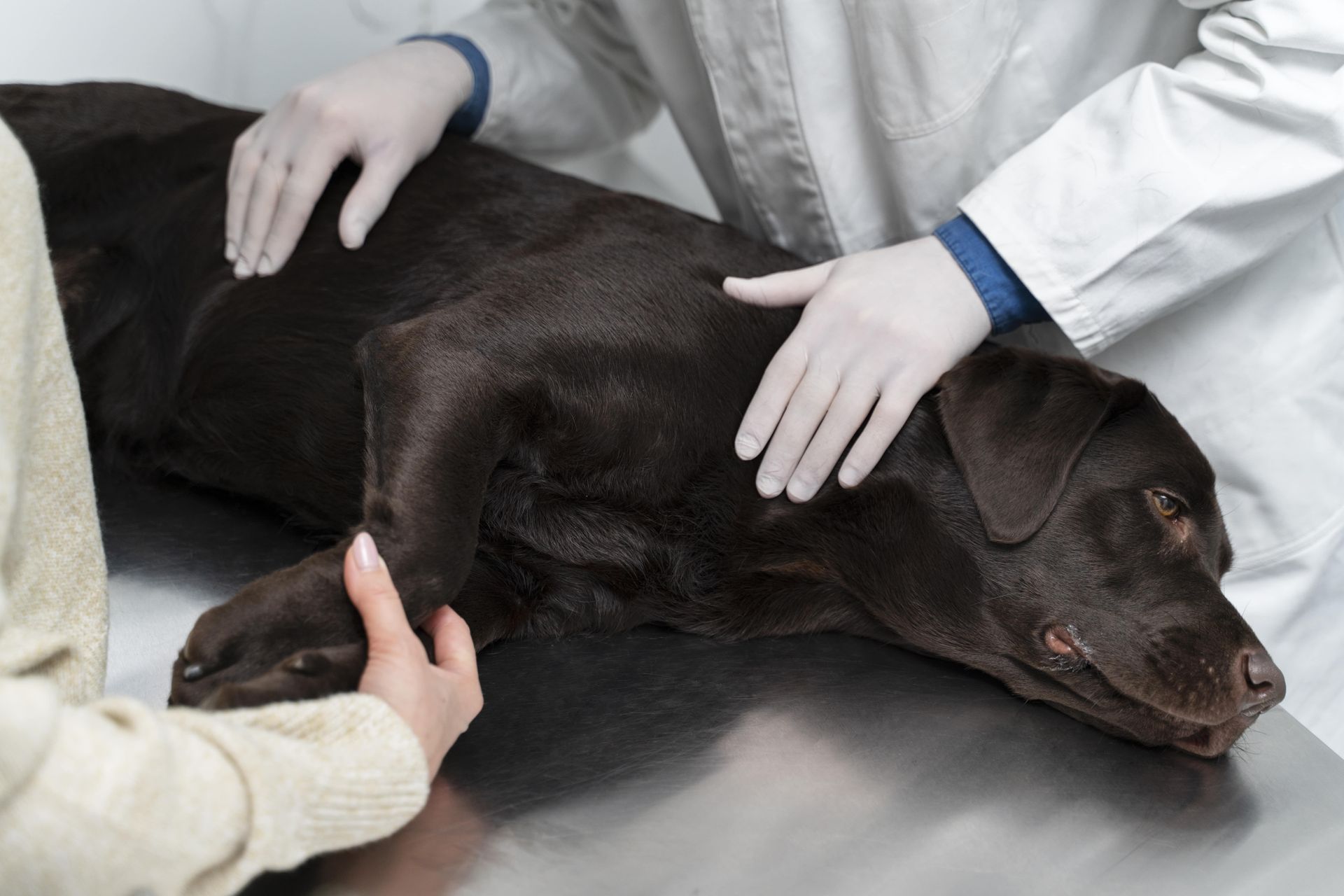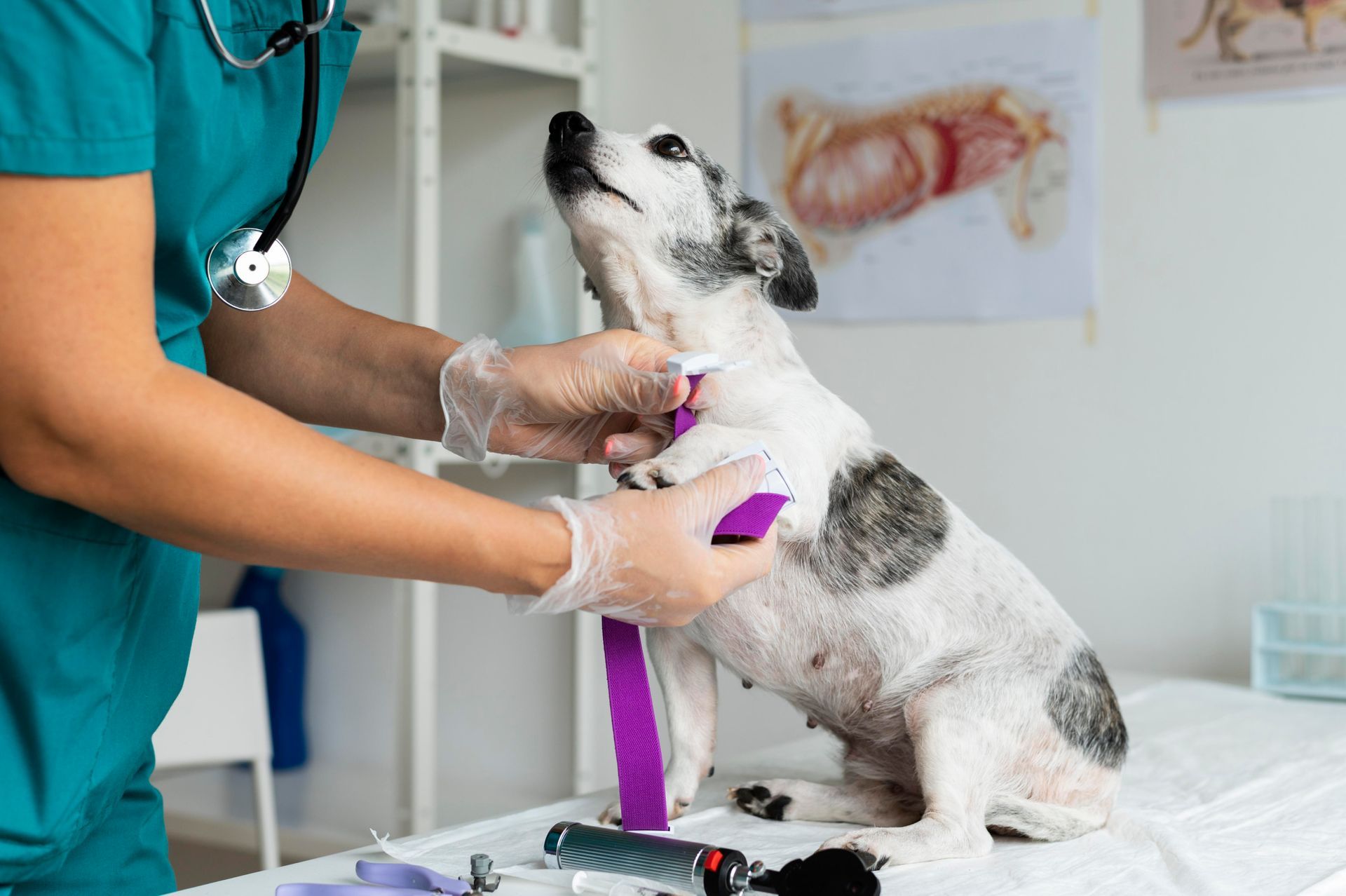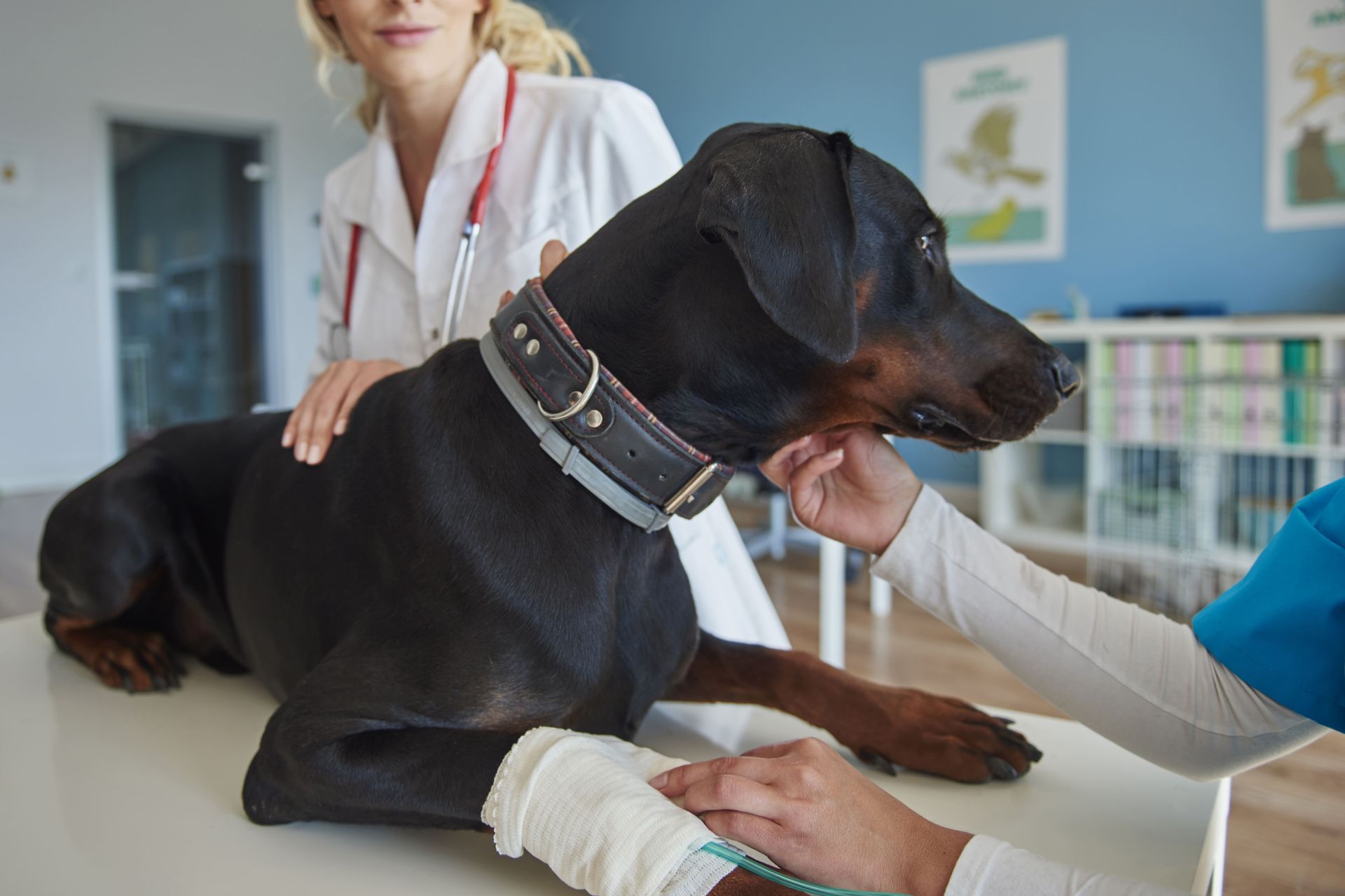Why Your Pet May Need a Veterinary Consultant During Recovery
When your pet is on the mend—curled up in a corner, eyes half-closed, tail barely twitching—it’s natural to wonder: Am I doing everything I can? While love, rest, and regular vet visits go a long way, sometimes your furry companion needs something more: the expert touch of a veterinary Consultant. Think of them as the superheroes of the animal medical world—armed not with capes, but with advanced training, high-tech tools, and laser-focused knowledge. Whether your pup just had animal surgeryor your cat’s chronic illness isn’t improving, these bring precision and experience to the table, helping unravel medical mysteries that leave general care stumped. From heart conditions and orthopedic surgeries to strange skin disorders, they zoom in on problems with a level of expertise that can turn a slow recovery into a swift comeback. So, when is it time to bring in a Consultant? Let’s dive into that.
Understanding the Role of a Veterinary Consultant
Veterinary Consultantare veterinarians who have completed additional training in specific areas such as surgery, cardiology , or dermatology. They offer expertise that general veterinarians may not possess, which can be crucial during your pet's recovery. Their deep knowledge in particular fields allows them to solve complex health issues that might be beyond the scope of a general practice veterinarian.
For example, if your pet is experiencing a rare dermatological condition, a veterinary Consultantin dermatology can provide targeted treatments and unique insights into managing or curing the ailment. This approach not only targets the condition more effectively but can also reduce recovery time significantly.
Often, Consultantbecome part of a coordinated care team, working hand in hand with your general vet. This collaboration brings together a blend of broad and deep medical knowledge—like having a general coach and a team of focused trainers all rooting for your pet’s health.
When to Consider a Veterinary Consultant
If your pet's condition is complex, chronic, or not improving with standard treatments, a veterinary input can be invaluable. They provide insights and advanced treatment options that can be critical to recovery. For example, conditions like chronic kidney disease or certain types of cancer require nuanced care, which Consultant are equipped to provide.
It’s not uncommon for primary veterinarians to refer their clients to when they encounter cases that need more advanced care. Chronic pain management, for instance, can benefit from a veterinary perspective to better understand and manage pain, enhancing your pet’s quality of life.
You might also consider a Consultant if your pet has undergone a significant surgical procedure. Consultant often have the resources and expertise necessary to handle intricate post-operative care effectively—right down to physical therapy, wound management, and pain control strategies.
How a Consultant Can Enhance Treatment Plans
Veterinary Consultant can create personalized treatment plans tailored to your pet's specific needs. By collaborating with your regular vet, they ensure a comprehensive approach to your pet’s health. A tailored plan considers your pet's unique health profile, age, breed, and specific medical history, optimizing care outcomes.
For instance, a veterinary cardiologist may suggest lifestyle changes, precise medication adjustments, and dietary modifications for a pet diagnosed with heart disease—recommendations that can be far more effective than generalized treatment protocols.
This individualized approach ensures all aspects of a pet's health are addressed, reducing the risk of future complications and promoting a swifter, more complete recovery. It’s like giving your pet a custom-designed roadmap to wellness.
Access to Advanced Diagnostic Tools
Veterinary often have access to advanced diagnostic equipment that can provide more detailed insights into your pet's condition. This can lead to more accurate diagnoses and effective treatment strategies. For instance, MRI or CT machines can offer detailed images of your pet's internal structures, crucial for diagnosing complex conditions.
Such tools enable Consultant to make informed decisions and craft precise treatment plans, thereby optimizing recovery pathways for even the most challenging cases.
Advanced diagnostic capabilities mean that issues are detected earlier and with greater accuracy—especially beneficial for conditions that progress subtly and require urgent attention.
The Benefit of Consultant Surgical Expertise
1. Higher Success Rates for Complex Procedures:
Veterinary Consultant with surgical expertise are trained to perform intricate surgeries with greater precision, leading to improved outcomes and fewer complications.
2. Essential for Delicate Surgeries:
Surgeries involving the brain, spine, or intricate soft tissues demand advanced knowledge and precision—skills that only a Consultant can reliably provide.
3. Expert Post-Operative Care:
Beyond the operating room, these Consultant focus on key elements of recovery such as:
- Pain management
- Infection prevention
- Tailored rehabilitation and recovery strategies
4. Advanced Ophthalmic Procedures:
For pets requiring eye surgeries, a veterinary Consultant in ophthalmology can make the difference between partial and full vision recovery—demonstrating the critical importance of Consultant care.
5. Overall Smoother Recovery:
With a veterinary overseeing the surgical process, pets typically experience a faster, safer, and more comfortable return to health.
Why a Veterinary Consultant is Worth Considering for Your Pet's Recovery
Involving a veterinary in your pet's recovery can make a significant difference in the outcome. Their expert knowledge, diagnostic skills, and personalized treatment plans can help your pet regain their health smoothly and swiftly.
From advanced tools to targeted treatments, veterinary offer a level of precision and customization that ensures your beloved companion gets the highest standard of care possible. Whether it’s a lingering illness or a delicate surgical recovery, don’t hesitate to consult a —because when it comes to your pet’s health, expert care can make all the difference.
FAQs
Q-1. What is the difference between a general veterinarian and a veterinary ?
Ans: A general vet provides routine care and diagnoses common conditions, while a veterinary has advanced training in a specific area (like oncology or neurology) and handles more complex or rare medical issues.
Q-2. Do I need a referral to see a veterinary Consultant ?
Ans: In many cases, yes. Your primary veterinarian will refer you to a veterinary Consultant if your pet’s condition requires advanced expertise or diagnostics.
Q-3. Are veterinary Consultant more expensive than regular vets?
Ans: Generally, yes, due to their advanced training and Consultant equipment. However, the precision and effectiveness of their treatments can lead to faster recoveries and fewer complications, potentially saving money in the long run.
Q-4. Can a veterinary Consultant work alongside my current vet?
Ans: Absolutely. Collaboration between your general vet and a veterinary Consultant ensures your pet receives holistic, well-rounded care throughout recovery.
